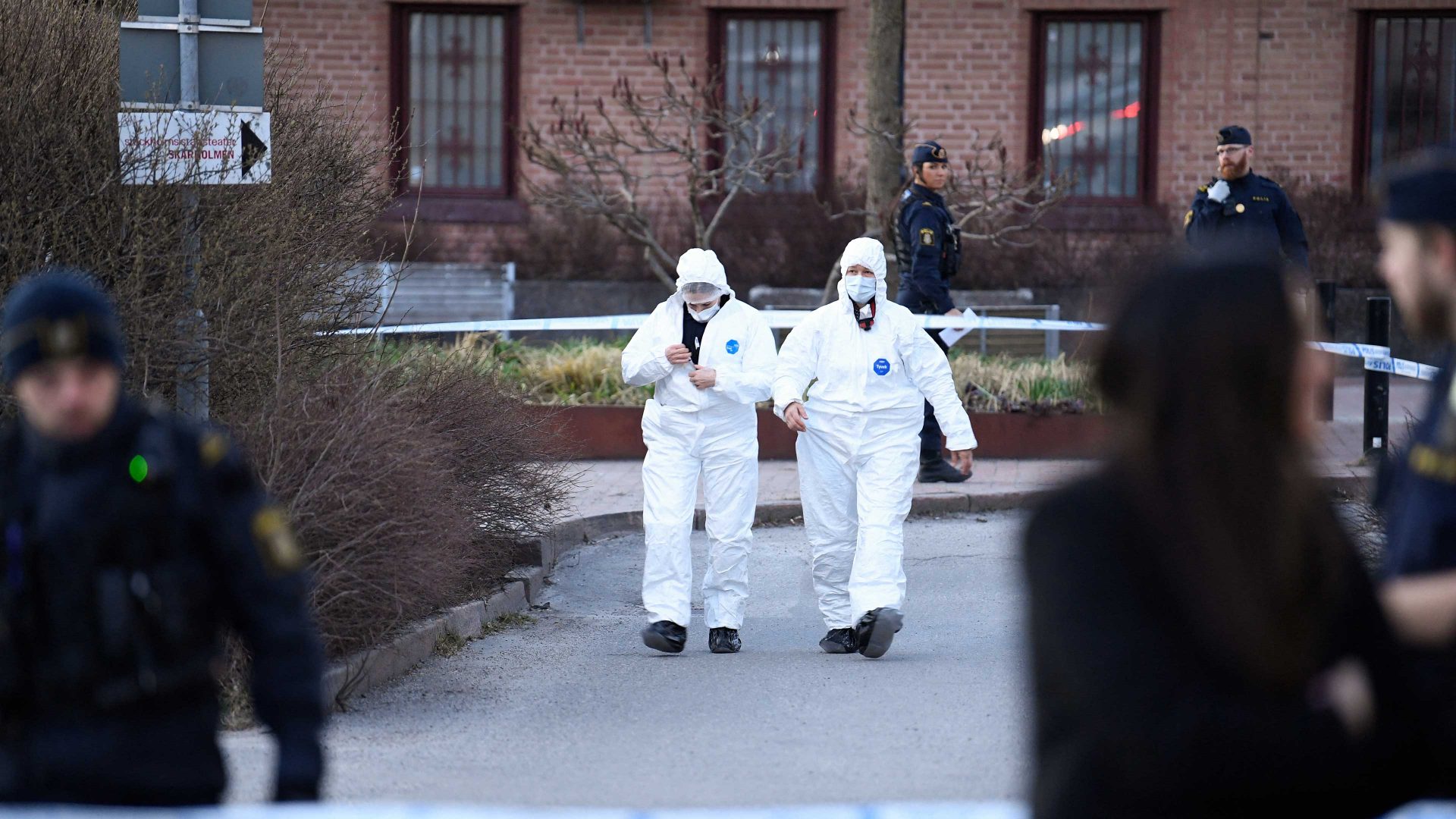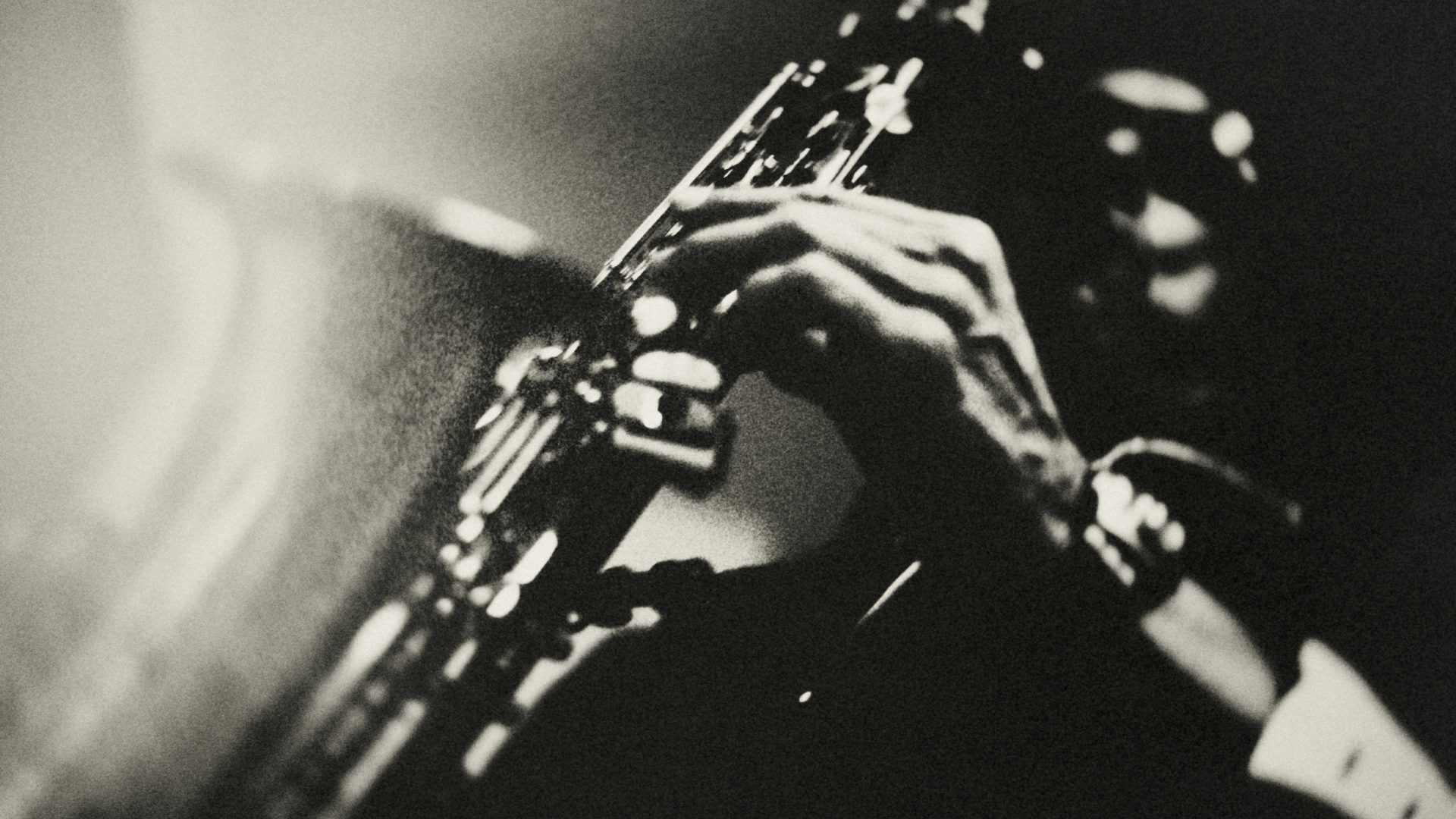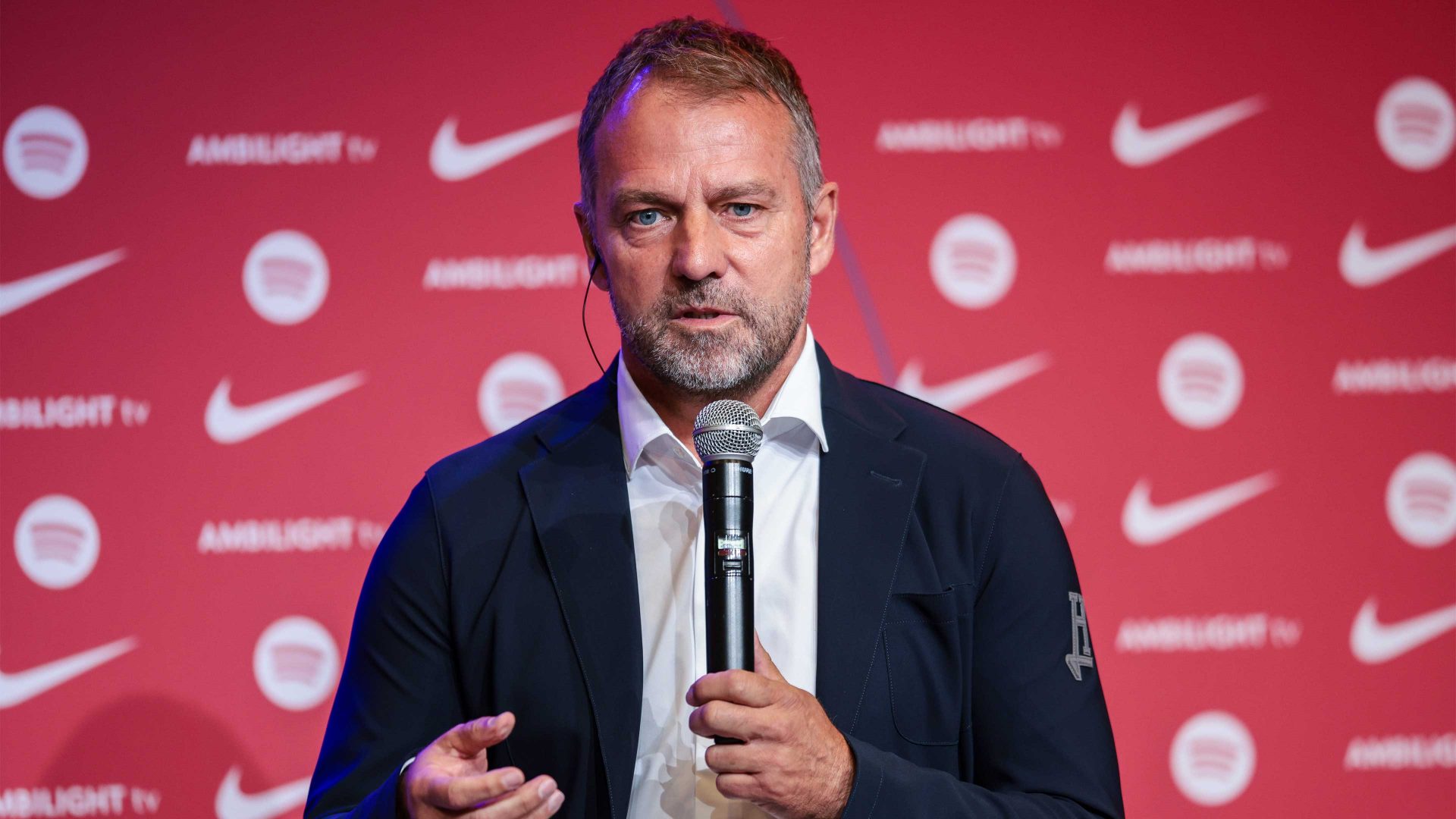“Looking for murderers for Denmark… We’re not amateurs. Only respond if you’re serious.”
In messages like these, posted on Telegram and other social media, criminals in Denmark have started looking across the border, offering hundreds of thousands of kronor to would-be mercenaries in Sweden for acts of violence, from murders to planting explosives.
It seems to be working. On the first day of August, two Swedish teenagers were arrested in Denmark for attempted murder following two separate shootings, one in central Copenhagen, the other in Kolding, a smaller city west of the capital. Less than a week later, a Swedish 17-year-old was arrested, following another shooting in Copenhagen. According to Peter Hummelgaard, the minister for justice, there have been 25 incidents since April where what he calls Swedish “child soldiers” have attempted to carry out acts of violence.
Danish politicians have been quick to react, announcing measures including tighter border controls on the Øresund bridge. Hummelgaard has blamed years of failed integration policies in Sweden, and warned against “the Swedish condition” spreading to Denmark, calling it a “sick and raw” culture.
Swedish criminals have a reputation for cheap, easy violence. Meanwhile the social media account of a Danish state radio channel published a meme with the headline “things we buy from Sweden when the kronor is weak”, with images of chocolate bars, tobacco products and sweets, alongside a handgun and a grenade.
Problems exist in Sweden’s other neighbours too. Norwegian police say Swedish gangs have spread across the entire country, and worry that Norwegian criminals will be inspired by their tactics, particularly recruiting the very young. Meanwhile, Haparanda, a small border town in Sweden’s far north, is becoming a key thoroughfare for the Finnish drug trade. In Sweden itself, there have been 29 fatal shootings so far this year.
There’s a place near where I live in Stockholm, an English-style pub filled with football memorabilia that hosts regular quizzes and serves up typical Swedish fare, from shrimp sandwiches to meatballs and lingonberry jam. On any sunny afternoon, the outdoor terrace is filled with young families, Swedish hipsters in trucker caps and functional outdoor clothing.
On the first Saturday in August, a 25-year-old man was shot and killed there by an assailant who walked in off the street. A few years back, the reaction would have been shock, a sense that it could never happen here. But nowadays, no Swedish neighbourhood is immune to gang violence.
Swedish minister for justice Gunnar Strömmer told a press conference earlier in August that Swedish politicians had been “naive and passive”, calling Denmark a role model for its work to overhaul criminal policy. Denmark has often been praised for its gang crime policy by Swedish politicians, who want to see a rougher, tougher approach.
The Danish police have been using “stop-and-search” zones for over 20 years, and Sweden trialled them for the first time this year in several cities, with mixed results. There have been plenty of objections and accusations of profiling, particularly after Martin Melin, judicial spokesperson for the Liberal Party, told journalists: “Not everyone who wears a fake Gucci cap is a criminal. But a lot of criminals do wear fake Gucci caps.”
Other policies include longer sentencing, lowering the age of criminal responsibility, and geographical exclusion orders. But experts caution against focusing too much on tougher sentencing, pointing to a range of broader factors, from housing to education policy.
Despite a turbulent summer, the stats indicate that Sweden will have a calmer year than either 2022 or 2023, when gang violence peaked. And as the Swedish police have pointed out, responsibility for the latest violence in Denmark can’t be placed entirely on Sweden’s shoulders. It’s criminals in Denmark who are looking for murderers, after all.
Joshua Worth is a journalist living in Sweden. His writing has appeared in the Financial Times, TES and the Independent



